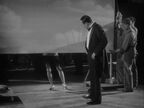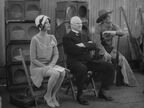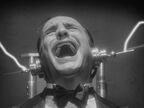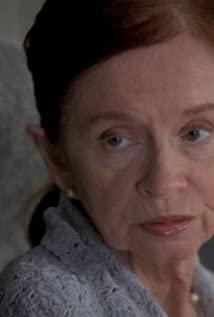---------------------
Waving the banner of retro feelings, the film was invincible at the Oscars and eventually became the biggest winner, which seems to have become the most controversial of the film. place. Whether it really captures the soul of the silent film era and presents a nostalgic carnival to movie fans, or is it a speculator who tries to make a success through trickery in the current intricate film creation with a formal coat, this is not what I want to discuss problem.
In addition to being fascinated by the performances and music of the two protagonists, I felt as if I was watching a movie about a movie many times during the viewing process. The protagonist George is a comedian in the silent film era. At the peak of his career, he met the then-nobody heroine Miller. However, with the rise of sound movies, the proud and stubborn George held on to his territory and finally walked out of the public eye. The lively and playful Miller has successfully climbed to become the darling of the new generation of film industry with the help of this wave of the times. The two have become the cultural clefs of the old and new eras.
This makes me think that George is not the personification of Charlie Chaplin? They were hugely successful in the silent film era of the early 20th century, but both ended up being undervalued for their refusal to accept the talkies. (Charlie Chaplin initially opposed the making of sound films, but later made them, but apparently unsuccessfully)
The major innovations in film technology are nothing more than sound and color, and it is the former that has the greatest impact on film. Why Chaplin's comedy is called pure film by many people, and why he can become the originator of comedy, is largely because he got rid of the dependence on the sound, and the expressiveness of the film can only rely on the performance of the actors, so the expressions of the actors and the Actions undertake all the functions of the realization of the value of the film, which is a huge challenge for the actors themselves.
The emergence of sound makes everything easier and more real. Actors no longer need to train their acting skills hard to show vivid plots and stories in front of the screen. At this time, movies are closer to reality than pure. Miller's line in an interview, "Audiences may be tired of actors' exaggerated wink in front of the camera" is a small reflection of this.
In the silent film era, movies were dominated by comedy, and the addition of sound made the movie more diverse, from pure to true. So the presence of sound really changed the movie.
Maybe the director himself only set it to the 1930s to make the retro complex of this film have a more realistic background, but I have to say that this makes me really have a kind of hiding in the process of watching. After the rear window, use the screen to see the subversion and reshaping of this industry in the history of film development.
What impresses me even more is a sentence from the owner of the film company in the film: "The audience can never be wrong." The implication is that the market can never be wrong; the implication is that in order to achieve success "here and now", you can only cater to the public . From a business point of view, this sentence is correct. With his keen market sense, the boss has successfully made a lot of money in both the silent film era and the audio era, but he just changed a cash cow.
But what about movies? What about art? Is the function of an artist to reflect social concepts or to reproduce social concepts? If the audience is tired of the pure cinematic enjoyment brought by silent films, should they turn to audio films to create a more realistic image of life for the audience?
Maybe this is a pseudo-question at all, after all, if it weren't for the emergence of new forms, the public might never tire of existing forms. Then art must move towards a historical process of self-criticism and remodeling. Impressionism subverts sophistication and accuracy, Cubism subverts perspective and structure, and surrealism subverts logic and reality... After a walk through the history of Western art, you will discover the uniqueness of art. Development is nothing more than a new concept breaking the order of the old concept and rebuilding a new order on top of the ruins.
And those old things that have been subverted and broken have become classics that have been fermented in time, just like the Chaplin series of comedies.
From this perspective, the film presents the essence of the law of art development: if you want to exist, you must constantly destroy yourself.
Perhaps the sound movie is the choice of the audience, satisfying their desire to spy on the truth, or perhaps the director's choice, satisfying their desire to shape the truth. For the film itself, does the sound film make it more complete, or is it completely broken and rebuilt? Did the sound film continue the spirit of the beginning of the film, or did it go down a completely different path?
Maybe this is another fake question.
View more about The Artist reviews











